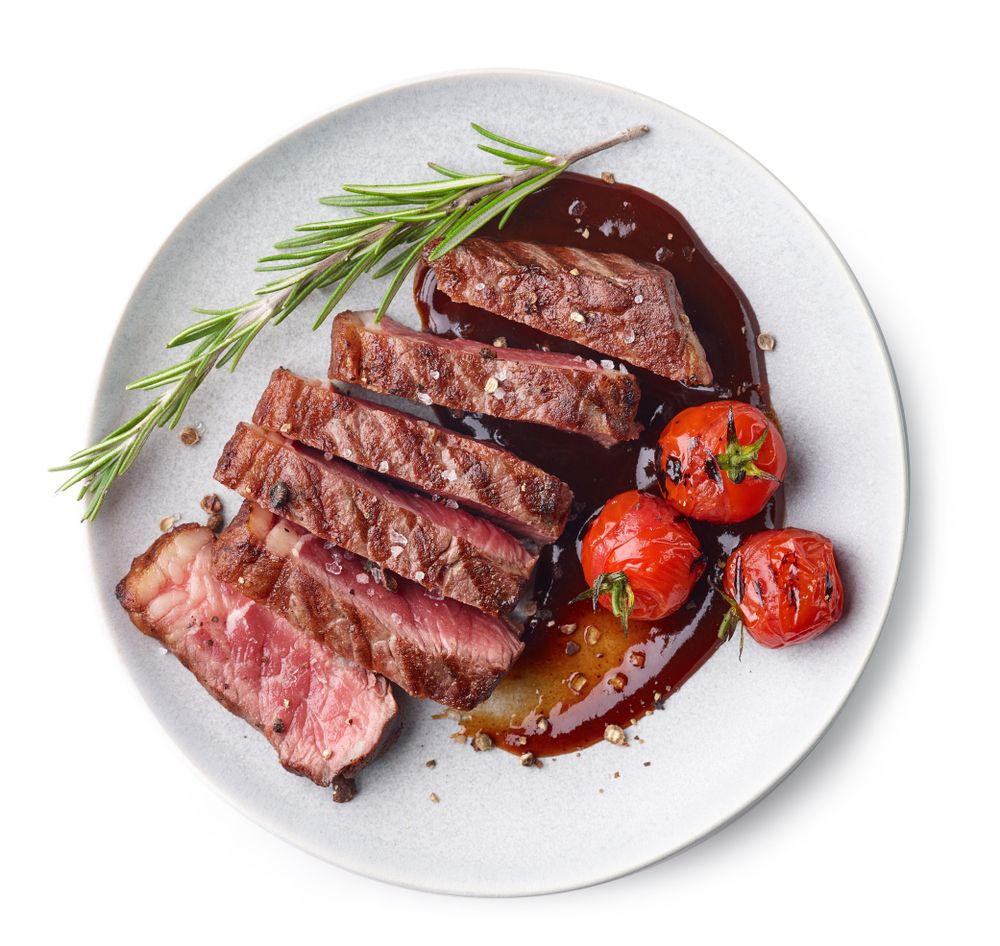Dining out can be an exciting culinary journey, offering the chance to explore flavors from around the world, experience different cultures, and enjoy dishes that deliver a wow factor you can't easily recreate at home. However, not all restaurants provide these immersive, authentic experiences, making it important to be selective about where you spend your dining dollars. Just as some Indian dishes, Mexican meals, or brunch items may be worth skipping, the same applies to certain entrees in general.
Even in top-tier restaurants, some main dishes offer better value than others. To help navigate these choices, we’ve consulted with several chefs to learn about their dining habits and what they avoid ordering when eating out. Some chefs suggest skipping dishes that fall into the "comfort food" category—why pay for something like mac and cheese when you can easily make it at home, especially with so many exciting boxed options available today? Others advise against ordering meals that cut corners, either by using lower-quality ingredients that should be the star of the dish or relying on shortcuts to achieve flavor.
For many chefs, one dish that doesn't tolerate poor quality or preparation is steak. Beyond avoiding overcooked, well-done steaks, it's wise to choose one of the restaurant's signature cuts and steer clear of those that are suspiciously cheap or smothered in sauce.
"While some restaurants can negotiate prices to offset the cost of premium steak, a cheap steak is often lower USDA-grade meat," explains Grant Morgan, executive concept chef of Hotel Drover and 97 West Kitchen & Bar in Fort Worth. His menu highlights high-quality options like Wagyu and Prime beef, which he insists are worth the splurge. "They’re not cheap, but they’re worth every dollar."
Russell LaCasce, executive chef of Hotel Valley Ho in Scottsdale, agrees that skimping on steak isn't a good idea. "Avoid a $20 filet of beef. It's always worth paying for premium cuts, and the difference in quality is noticeable."
Brian Hatfield, chef at Surveyor in Washington, D.C., warns against steaks drowning in sauce. "Signature rubs or marinades, like coffee or pepper rubs or Hawaiian marinades, often hide lower-quality beef and mask the natural flavor of higher-grade cuts," he notes. Opting for simpler, higher-quality steaks ensures a meal worthy of your night out.
Another red flag on a menu is anything labeled with "truffle." Saura Kline, pastry chef at Local Jones in Denver’s Halcyon Hotel, advises against dishes featuring truffle, especially outside fine dining establishments. "It's often truffle oil, which rarely contains real truffles and is typically overused. It inflates the price of a dish without adding genuine quality."
Similar to truffle oil, other potent ingredients like bacon or cream can be used to mask flavors and cover up subpar cooking. A classic example is risotto, which can easily be overshadowed by these strong flavors rather than highlighting the dish's true quality.
"For me, the number one dish I avoid ordering at a restaurant is risotto," says Brian Motyka, executive chef at Longman & Eagle in Chicago. "While there are exceptions, most risottos are pre-cooked, reheated, and finished with cream—something I strongly dislike—and are often overcooked past the ideal al dente texture." He explains that risotto is at its best when made to order, finished with butter and parmesan, and has a rich, luxurious consistency. "If you find a place that makes risotto from scratch, then by all means, order it!"
The same issue applies to mac and cheese. "One dish I never order when dining out is mac and cheese," says Yulissa Acosta, chef de cuisine at Hearth '61 in Paradise Valley, Arizona. Though undeniably tasty, she feels its overwhelming richness, coming from excessive cream, cheese, and butter, detracts from exploring other dishes on the menu. "Instead, ask about the specials or opt for a pasta dish with seasonal vegetables and some protein."
Similarly, certain ingredients can signal a problem. "Avoid 'fish specials' with bacon," warns Eric Duchene, executive chef at JW Marriott Scottsdale Camelback Inn Resort & Spa. "Bacon is often used to mask the smell of old fish." He also advises against ordering raw fish on Sundays, as "restaurants don’t typically receive fresh deliveries that day, so you’re less likely to get the freshest product."
Ultimately, whether it’s an overly familiar cheesy pasta or a low-quality steak covered in sauce, dining out should offer something unique and memorable. Oscar Cabezas, executive chef at Teleferic Barcelona in California, emphasizes the importance of stepping out of the ordinary. "Some people dine out because they don’t like cooking, while others go to restaurants for inspiration."
"When I dine out, I want to be wowed by something extraordinary and unexpected—something I wouldn’t think to make at home."

